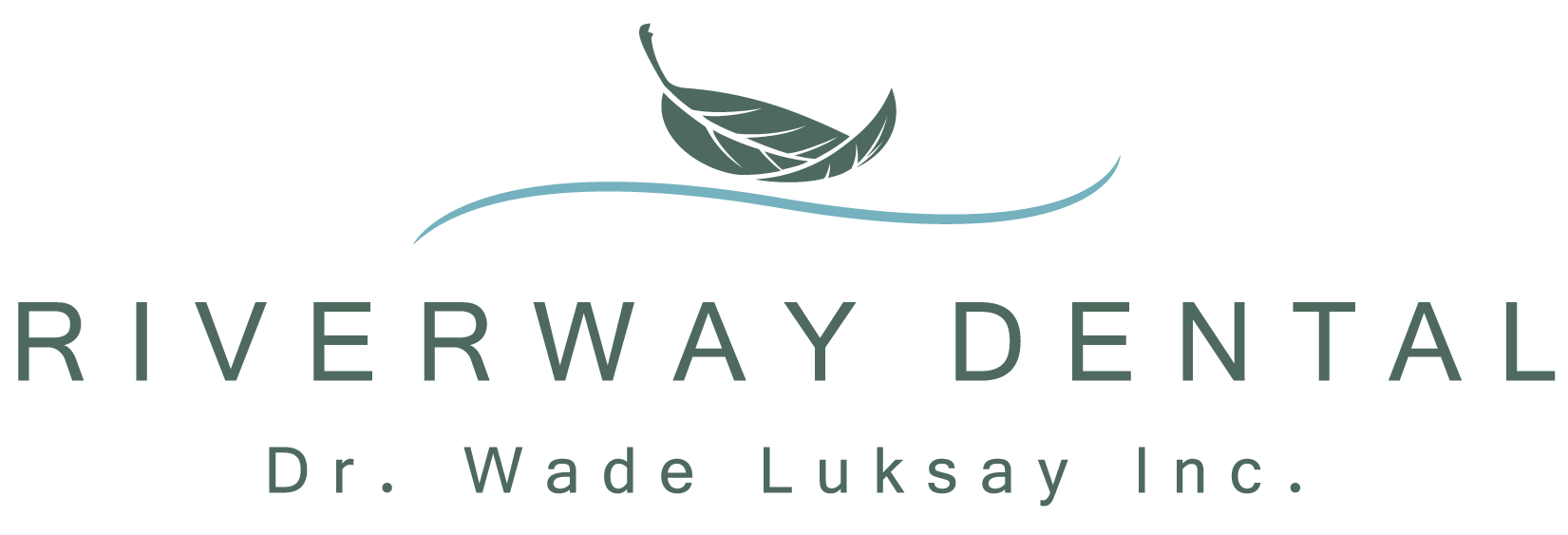Tooth Extractions in Courtenay & the Comox Valley
Safe, Gentle Tooth Removal When You Need It Most
At Riverway Dental, we always aim to preserve your natural teeth whenever possible. However, when a tooth is too damaged, decayed, or problematic to save, an extraction may be the best step toward protecting your overall health and comfort. Our experienced team provides gentle, efficient extractions, with sedation options to ensure a stress-free experience from start to finish.Consultation &
X-Rays
We begin with a thorough exam and digital imaging to assess the tooth’s position, root structure, and surrounding bone.
Personalized Sedation & Anesthesia
We numb the area and provide sedation options to keep you calm and pain-free throughout the procedure.
Gentle
Extraction
Depending on the situation, we perform either a simple extraction (for visible teeth) or a surgical extraction (for impacted or broken teeth). We use advanced techniques to minimize trauma and promote faster healing.
Post-Extraction Care
After the tooth is removed, we provide detailed instructions and optional bone grafting if you’re planning to replace the tooth with a dental implant.
Follow-Up & Restoration
We’ll guide you through the healing process and help plan any necessary restorative options, such as implants, bridges, or dentures.


Why Are Tooth Extractions Needed?
Tooth extractions may be necessary when:
- Severe decay or infection makes saving the tooth impossible
- A tooth is broken below the gumline or is beyond repair
- Wisdom teeth are impacted, painful, or crowding your smile
- Orthodontic treatment requires extra space
- Periodontal disease has compromised tooth stability
Removing a problematic tooth can relieve pain, prevent further infection, and pave the way for a healthier smile, often as part of a broader treatment plan.
Are You an Ideal Candidate for a Tooth Extraction?
You may need an extraction if you:
- Have a tooth with deep decay or damage beyond repair
- Are experiencing pain, swelling, or infection in a specific area
- Have impacted or overcrowded teeth
- Need to make space for orthodontic alignment
- Are preparing for full or partial dentures
If saving the tooth isn’t an option, extraction can be the first step toward long-term relief and improved oral health.
Nervous About your Tooth extraction?
Sedation Dentistry is Available
Oral Sedation
- Pill-based anxiety relief (e.g., diazepam, triazolam) taken before your appointment
- Helps you stay relaxed and may limit memory of the procedure
Nitrous Oxide
- Fast-acting, inhaled gas that eases tension
- Wears off within minutes, allowing for quick recovery
IV Sedation
- Delivered intravenously for deeper relaxation—ideal for longer or multiple procedures
- You may sleep through the appointment with no recollection of surgery
Tooth extraction FAQs
Will the extraction hurt?
No. We thoroughly numb the area and offer sedation options to make your visit pain-free. Mild soreness afterward is normal and manageable with over-the-counter or prescribed medication.
How long is the recovery after a tooth extraction?
Most patients recover in a few days. We recommend avoiding hard foods, smoking, and strenuous activity for 24–72 hours to support healing.
What is dry socket, and how can I prevent it?
Dry socket occurs when the protective blood clot dislodges prematurely. You can prevent it by following our aftercare instructions carefully, avoiding straws and smoking.
Will I need to replace the tooth?
In most cases, yes, especially if the tooth was part of your chewing function. We’ll discuss your options, including implants, bridges, or dentures.
Can I be sedated for a wisdom tooth removal?
Absolutely. Sedation is commonly used for wisdom tooth extractions and is often recommended for comfort and ease during the procedure.
